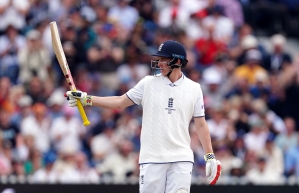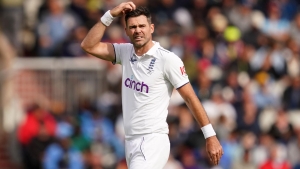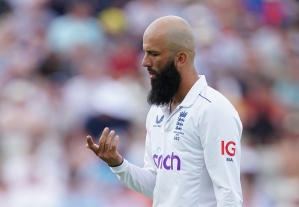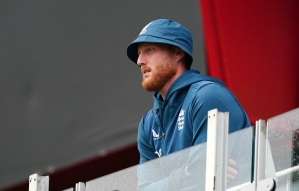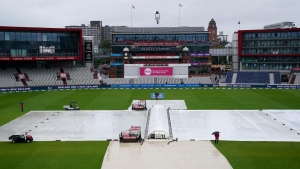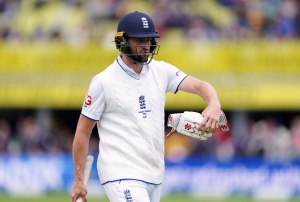Tiffany Cameron believed the foundation for her to achieve continued success in a longstanding career, hinged on her making another Fifa Women’s World Cup appearance, backed by a new signing.
So, the fact the Canada-born player was overcome with emotions when news came that she made Jamaica’s final squad to the World Cup in Australia and New Zealand, followed by a new deal with top flight Spanish club Real Betis, is understandable, as everything fell in place as she had hoped.
For the Reggae Girl striker, turned defender, both accomplishments are a testament of her hard work and unwavering determination to ensure she remains prominent on the international and club scene in a career spanning over 10 years.
“When the (World Cup) roster was released, I had a big smile on my face and I did shed a little tear because it has been quite the journey for me. This is my third World Cup, second with Jamaica and I had one with Canada at the youth level, so it is definitely something to really be proud of,” said Cameron, who was also a part of Jamaica’s historic team at the 2019 global showpiece in France.
Cameron’s sense of satisfaction, particularly where the Reggae Girlz are concerned, comes from the fact that it initially seemed like she would have missed out on the final 23, based on the approach Lorne Donaldson and his assistants took.
In fact, versatility was always expected to be a characteristic held in high regard by the coaching staff in making their selections and Cameron, recognizing that much, paraded her immense potential by assuming a role as a right full back.
It is that show of versatility that propelled her above others.
Prior to the Cup of Nations tournament, the 31-year-old did not get many minutes, until she accepted the fact that she would not make the squad as an attacker.
Despite logging over 14 goals and more than 10 assists in over 15 games for her previous club FC Gyor in the Hungarian top-flight league, Cameron, who could be considered an important leader in the Reggae Girlz group, embraced change and made the right full back position her comfort zone.
"I’m glad I defeated the odds. It just proves what I’m willing to do to represent Jamaica. I’ll play anywhere needed. Yes, I love to score goals and play forward, but it’s not all about that,” Cameron declared.
“I think I have really worked hard this year and I have proven that I am a versatile player wherever the national team needs me, I am able to play, and I think that is super important going into the World Cup that we have players that are okay with possibly playing in different positions that is being asked of them,” she added.
That said, Cameron, whose career has taken her to club in various parts of Europe and elsewhere around the world, expressed intentions to continue working extremely hard at improving her craft, as she looks forward to playing a key role in Real Betis’s charge when the Liga F gets under way.
“I’m really looking forward to my new adventure with Real Betis. I love the Spanish football culture as it is predominantly possession based. It’s similar to the style of football in Germany, where I’ve played for two and a half seasons in the top division, so this style of football won’t be foreign to me,” Cameron shared.
She continued: “I enjoy combinational play and possession-based football. I think my best qualities are my speed, my fitness, my versatility, my movement off the ball and my ability to combine with the players around me and create goal scoring opportunities for myself and others.
“I believe that no matter a player’s age they can always improve in all aspects of the game. This will be a good challenge for me and like I’ve proven with Jamaica, I respond well when I’m challenged and is expected to prove why I belong in an environment. I’ve worked hard for everything that I’ve achieved thus far and I’m truly grateful that my efforts have been acknowledged.”
But for now, Cameron’s attention is fully focused on the Reggae Girlz objective which to get out of Group F at the World Cup. They are scheduled to open against fifth-ranked France on Sunday, before engaging Panama on July 29 and Brazil on August 2.
“I think its super important the team bonding off the field, I think we utilized our time well in the respective camps and we are ready and raring to go. The shout outs from Sean Paul, DJ Khalid and others, will also certainly help to fuel us,” the multi-talented player, who also dabbles in music, ended.























